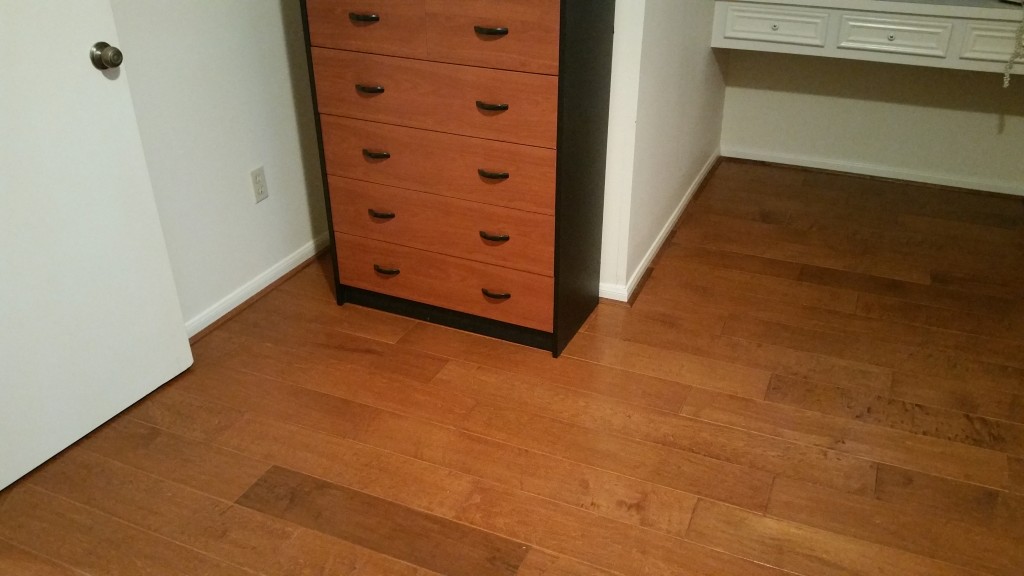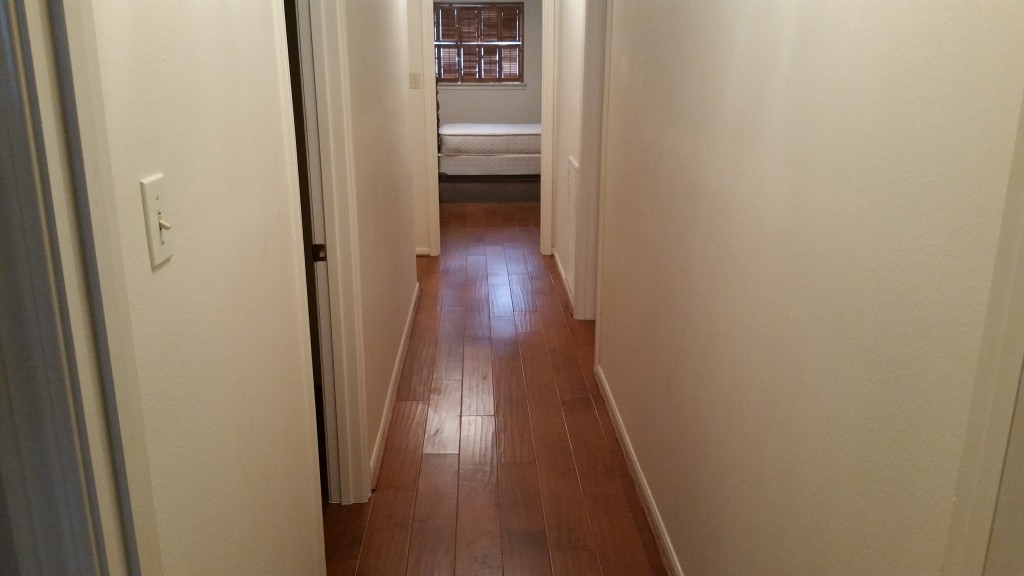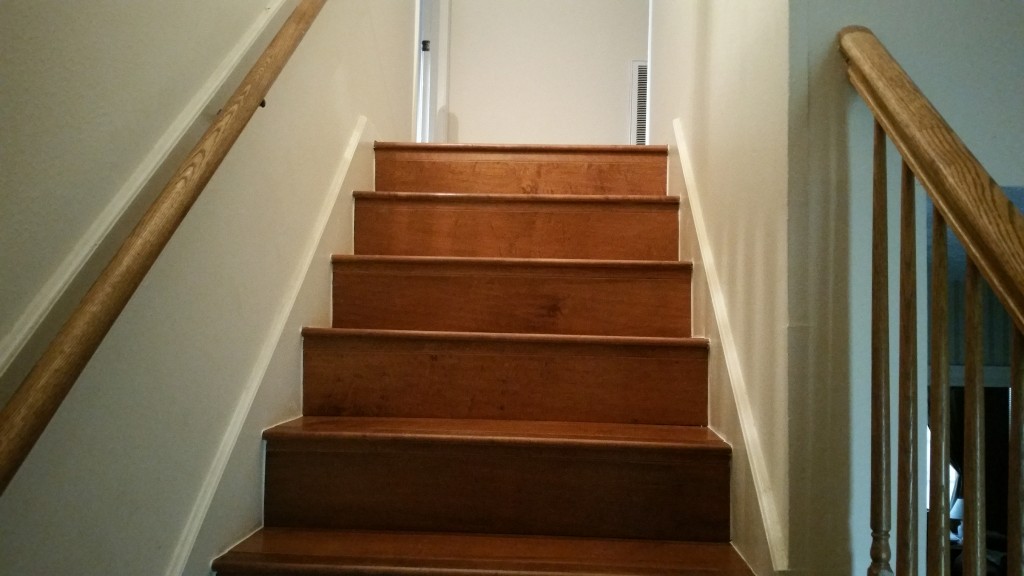Just when you think the crazy train ran out of tracks they go and build an extension out to the crazytown suburbs…
I mean it would have been ludicrous back in the 80s to think let alone propose that blatant censorship and the alteration of databases would be something that we would want to do for good reasons, right? There’s no such thing as a memory hole after all.
The “right to be forgotten”. Back in the early part of the century some plaintiffs in Europe found to their dismay that their criminal and otherwise infamous past continued to live on digitally in the form of news stories and articles preserved on the internet and that search engines could magically whisk users off to find these less than savory tidbits just by typing a few keywords.
So a few European plaintiffs banded together and sued Google, the biggest search engine in the planet, and won a case against them and forced them to take down the links to the pages where the plaintiffs misdeeds continued to live on. The suit of course only worked for search engine results in Europe. In any other part of the planet you could still find this information.
Not satisfied with this a french government agency called the CNIL has now asked Google to make the results disappear globally. Google of course gave the CNIL the finger and said no, so the whole thing is going back into court.
This of course is only part of the worldwide epidemic of censorship that seems to be in vogue lately. Try typing in certain key phrases in a certain country about a certain recent historical event and watch nothing appear.
China, Tiananmen square, 1989.
Happy? I just lost 1.7 billion potential readers.
Think we’re immune in America? Look up CISA or SOPA or PIPA or COICA. All laws supposedly intended to protect one thing or another and all of them curtailing freedom of speech in some form.
The internet, what was once the digital equivalent of the open range and the last wild frontier, is rapidly becoming as closely regulated and monitored as any piece of government-owned property.
All the mad and ridiculous musings of the George Orwells of yesteryear are coming to pass. They’re not coming in openly harsh and repressive packaging but in soft are ill-defined laws meant as “protection” or “privacy” laws. No matter what you decide to call them however they are coming.



Recent Comments